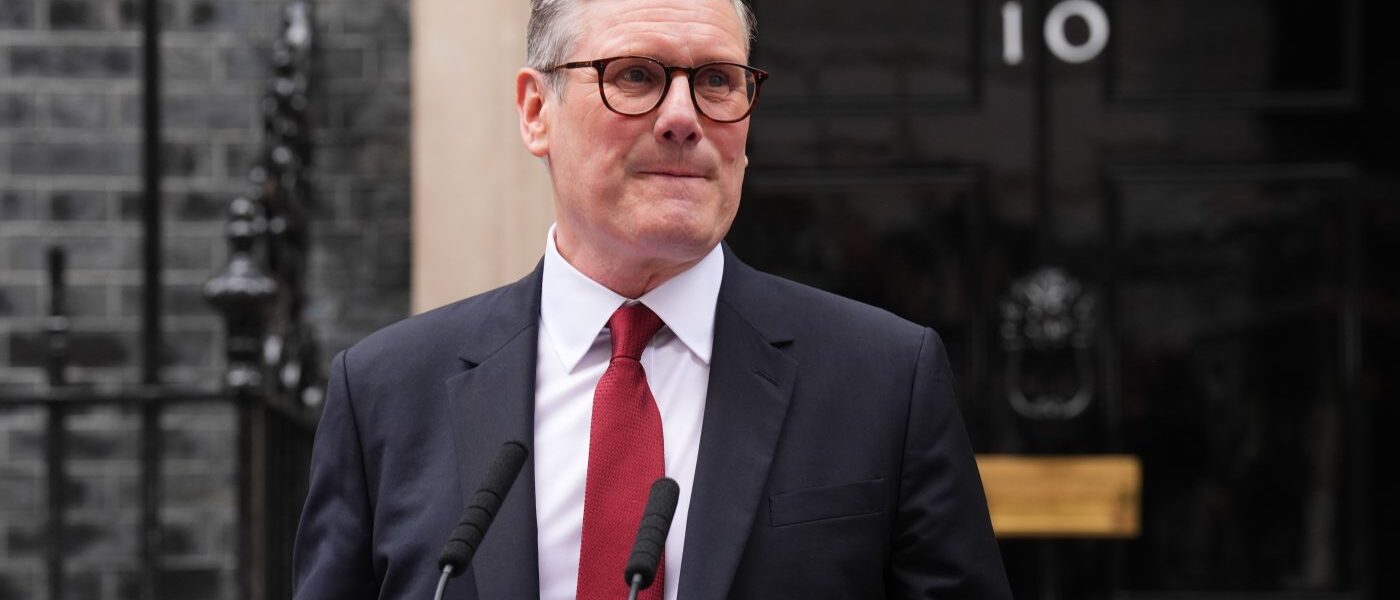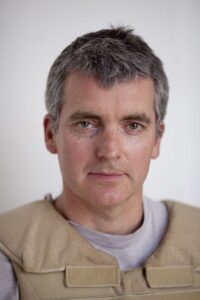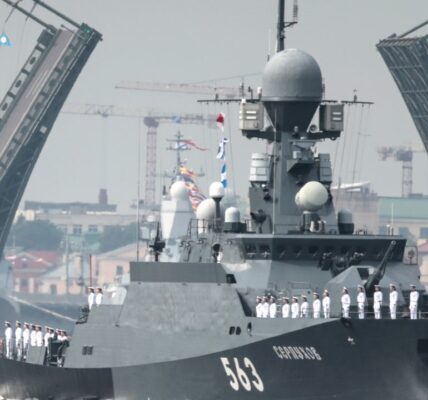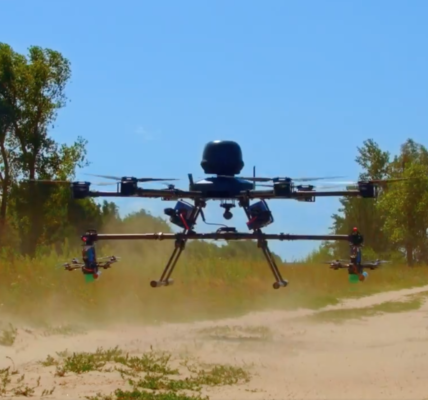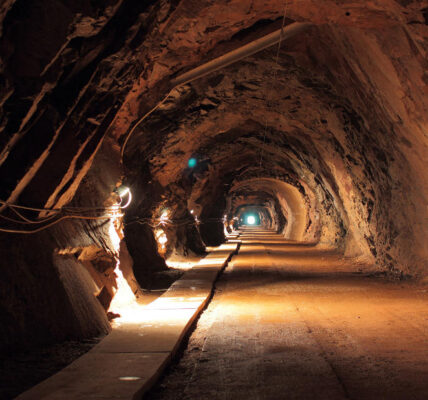Britain’s new Prime Minister will reinforce the UK’s commitment to NATO at Washington summit.
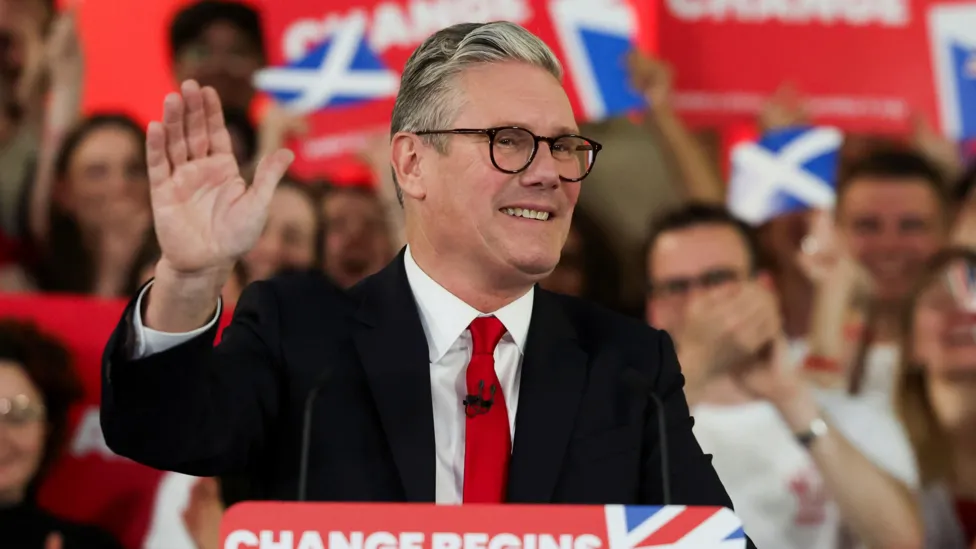
Britain’s new Prime Minister will make his debut on the world stage next week when he joins other Western leaders at the US-hosted NATO summit in Washington.
Sir Keir Starmer, who won a landslide victory as leader of the Labour Party, will meet with President Joe Biden, President Volodymyr Zelensky and the new NATO chief Mark Rutte, the former Dutch Prime Minister, on Tuesday in the US capital.
World leaders will be queuing up to offer congratulations to Britain’s Prime Minister, who saw his party win 412 seats, the largest majority since 1997. By contrast the Tory Party won just 121 seats, its worst result since 1832.
The NATO summit will allow Starmer the opportunity to reinforce his commitment to the alliance and his personal support for President Zelensky.
The summit will focus on the organisation’s continuing support for Ukraine and its path toward NATO membership, as well as alliance unity, burden-sharing and modernisation.
In the next few hours and days the new Prime Minister will receive dozens of briefings on the UK’s national security and the threats facing Britain and the West.
He is likely to visit Ukraine in the coming weeks and will also have to contend with the crisis in the Middle East and the growing national security threats posed by Russia, China, Iran and North Korea.
At the top of the new government’s to-do list will be outlining Britain’s National Security Strategy which will require a sizable defence review.
With a promise to “provide Ukraine with the support it needs following Russia’s invasion,” and Putin remaining a threat, Labour’s manifesto says it will “set out a path to raise defence spending to 2.5 per cent of national income.” That means the budget rising from £64.6 billion in 2024-35 to £78.2 billion in 2028-29, but the situation is urgent now. The Tories planned to fund this by cutting civil service payroll and reducing defence research and development: Labour talks of expanding parts of the state payroll.
In his first speech as Prime Minister, Starmer promised to “fight” for a brighter future.
Speaking outside No 10 Downing Street, Starmer thanked Sunak but said 14 years of Tory government had led to a “draining away of the hope, the spirit, the belief in a better future”. He promised to people who did not vote Labour: “My government will serve you. Politics can be a force for good.”
Earlier, Sunak said he will step down as leader after his party was decimated at the polls. Addressing the nation outside No 10, he said: “I am sorry”, adding: “I have heard your anger, your disappointment, and I take responsibility.”
Three key appointments from a National Security perspective will be the Defence Secretary, Home and Foreign Secretary. John Healey, who held the Shadow Defence role in opposition, is likely to remain in place.
Healey occupies a unique position in a Starmer government. Not only, like some of his colleagues, did he serve as a frontbencher in the Blair-Brown years, but he was also a loyal member of Miliband and Corbyn’s shadow cabinets, before serving under Starmer.
Healey has had the difficult task of restoring Labour’s reputation with the armed forces. Under Corbyn, who held sceptical views of NATO, it was damaged and defence was one of the last policy areas where the public trusted the Tories more than Labour.
Healey worked on a merchant navy voyage to Durban at 18 before hitchhiking to Swaziland to help build schools. He studied at Cambridge, where he learnt to fly in the University Air Squadron and in his twenties, he sailed across the Atlantic. He never joined the military, but supported and voted for the invasion of Iraq.
He long argued that Labour needed to focus on winning Tory voters, especially “Britain’s middle third”.
Yvette Cooper, one of Starmer’s most experienced politicians, will become the new government’s Home Secretary. She is one of only three of Starmer’s frontbench team to have served in cabinet having been work and pensions secretary in Gordon Brown’s last year in government.
In opposition, Cooper has served two stints as Shadow Home Secretary, sandwiched between serving as Chair of the Home Affairs Committee, making her one of the most prepared of Starmer’s Shadow Ministers to take over her brief in government.
One of the key appointments in the new government which at the time of writing had yet to be confirmed was Foreign Secretary.
David Lammy has held the shadow role but Starmer has not confirmed he will take the job. After spending Labour’s years in opposition as an anti-Trump Twitter warrior who compared Tory Eurosceptics to the apartheid regime in South Africa, Lammy has recently moderated his language.
A friend of Barack Obama from their time at Harvard Law School, Lammy has been building bridges with both Democrats and the Trump team. Describing himself as a “progressive realist”, Lammy talks about using power relations to achieve “just goals” such as climate change and international development. He wants to find Britain a role after the “end of the postcolonial era”, where the West is no longer so central.

